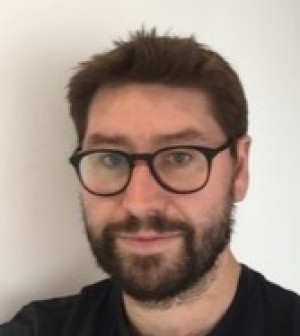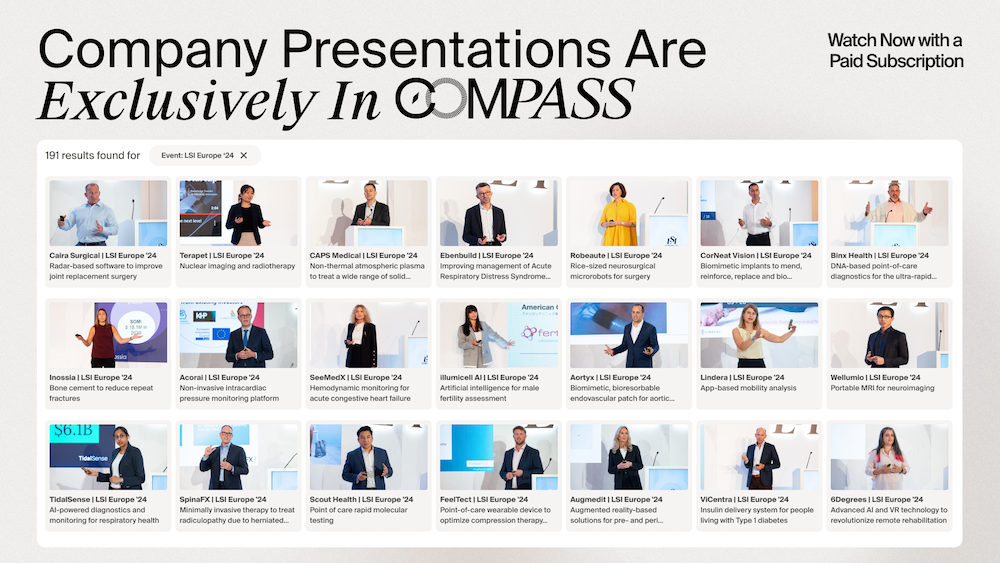- Video Library
- Henry Pinchbeck Presents Insight Surgery at LSI Europe '23
Henry Pinchbeck Presents Insight Surgery at LSI Europe '23
shaping the future of
Medtech at LSI USA ‘26
Waldorf Astoria, Monarch Beach

Henry Pinchbeck
With facilities in both UK and USA, Insight Surgery’s FDA cleared and ISO certified platform "EmbedMed" provides surgeons with easy access to Personalized Surgery. The Platform automates and streamlines the design and manufacture of Patient-Specific Medical Devices with delivery times in under 5 working days. Devices include Digital Surgical Planning, Anatomical Models, Surgical Guides and Implants for Orthopaedic, Oncology, Pediatric and Cranio-Maxillofacial surgery.
Henry Pinchbeck is a Founder and the CEO of Insight Surgery. A scientist by training, he is an experienced businessman and a UK qualified lawyer. As CEO, Henry is responsible for all Insight Surgery’s global activities but particularly concentrates on the development of the Personalized Surgery sector in the UK and USA.
Henry Pinchbeck
With facilities in both UK and USA, Insight Surgery’s FDA cleared and ISO certified platform "EmbedMed" provides surgeons with easy access to Personalized Surgery. The Platform automates and streamlines the design and manufacture of Patient-Specific Medical Devices with delivery times in under 5 working days. Devices include Digital Surgical Planning, Anatomical Models, Surgical Guides and Implants for Orthopaedic, Oncology, Pediatric and Cranio-Maxillofacial surgery.
Henry Pinchbeck is a Founder and the CEO of Insight Surgery. A scientist by training, he is an experienced businessman and a UK qualified lawyer. As CEO, Henry is responsible for all Insight Surgery’s global activities but particularly concentrates on the development of the Personalized Surgery sector in the UK and USA.

17011 Beach Blvd, Suite 500 Huntington Beach, CA 92647
714-847-3540© 2026 Life Science Intelligence, Inc., All Rights Reserved. | Privacy Policy







